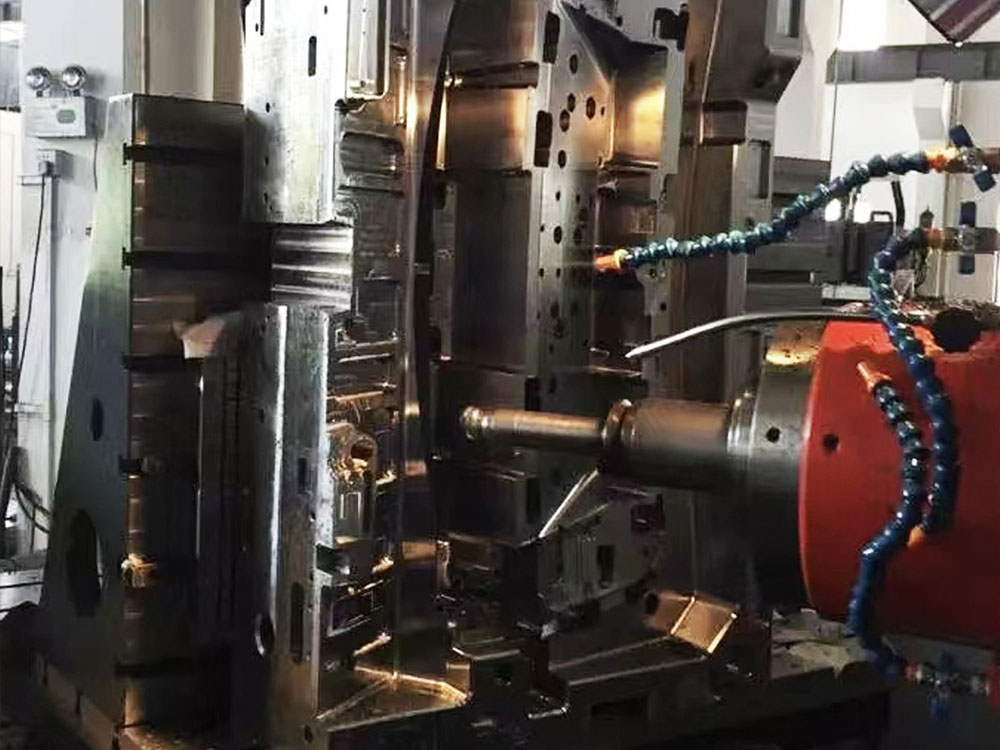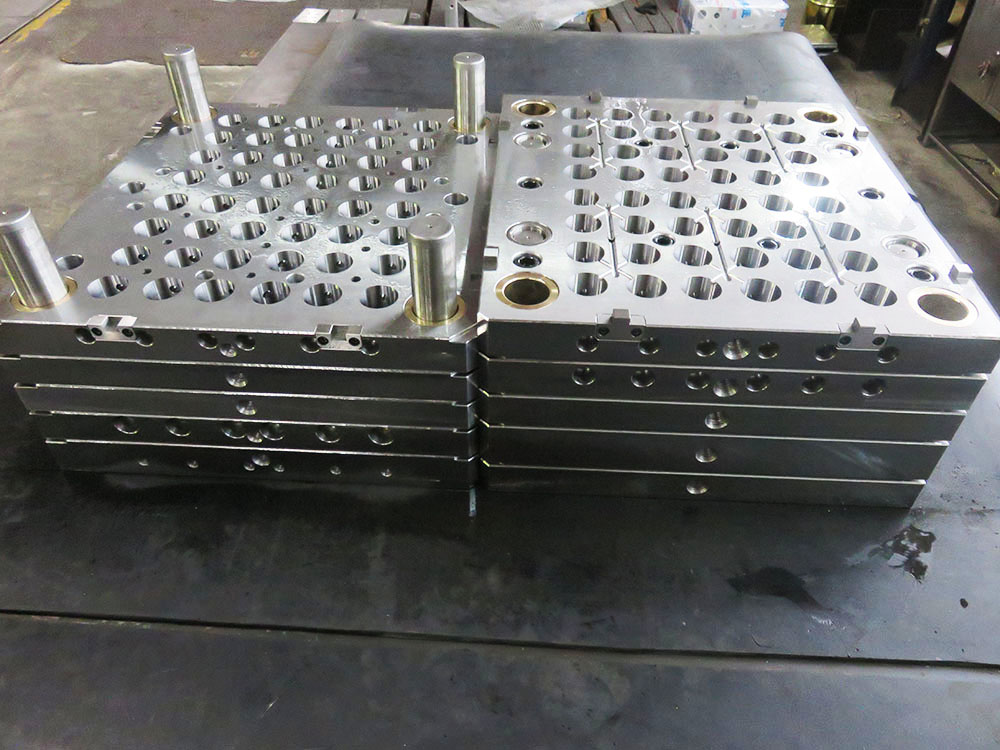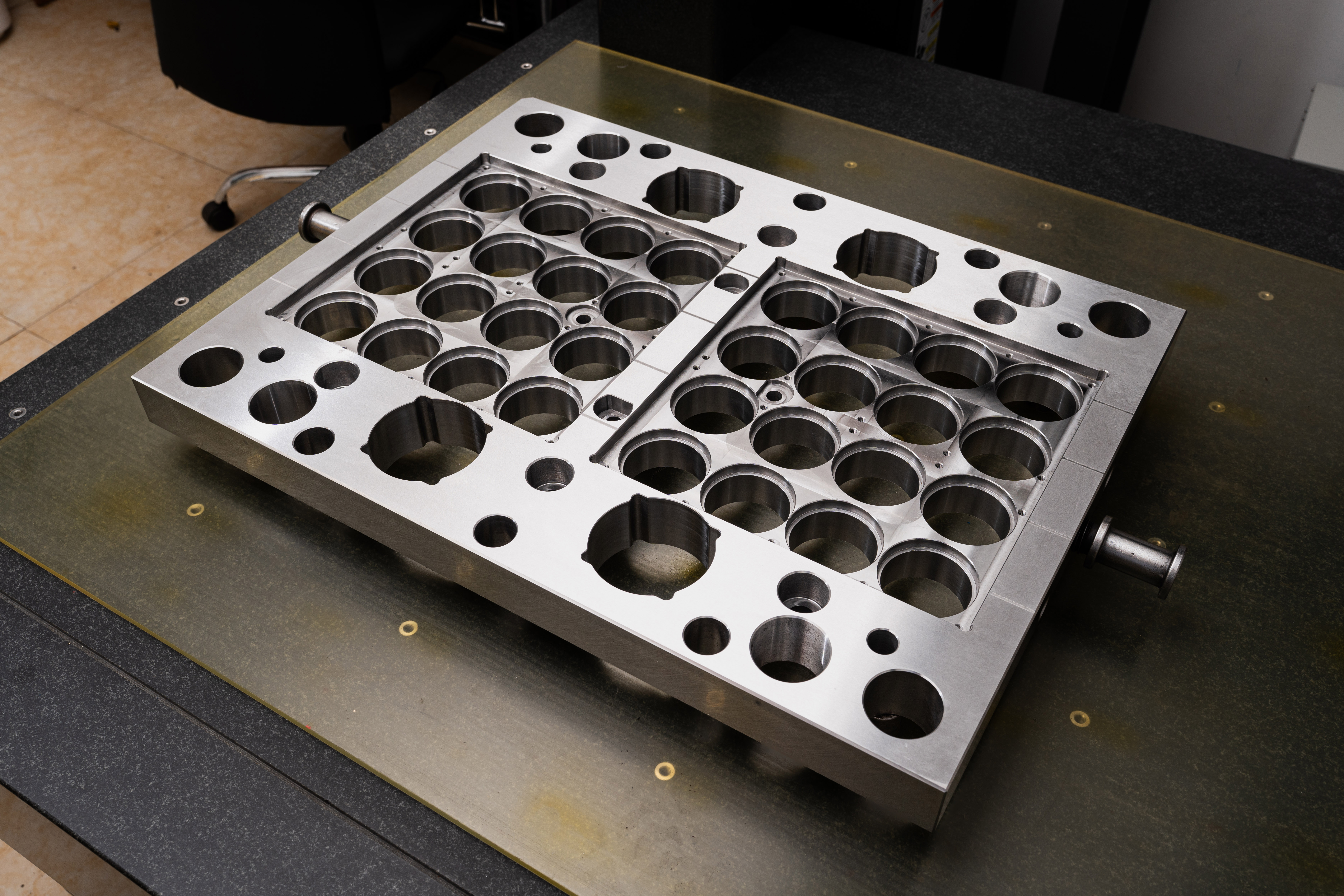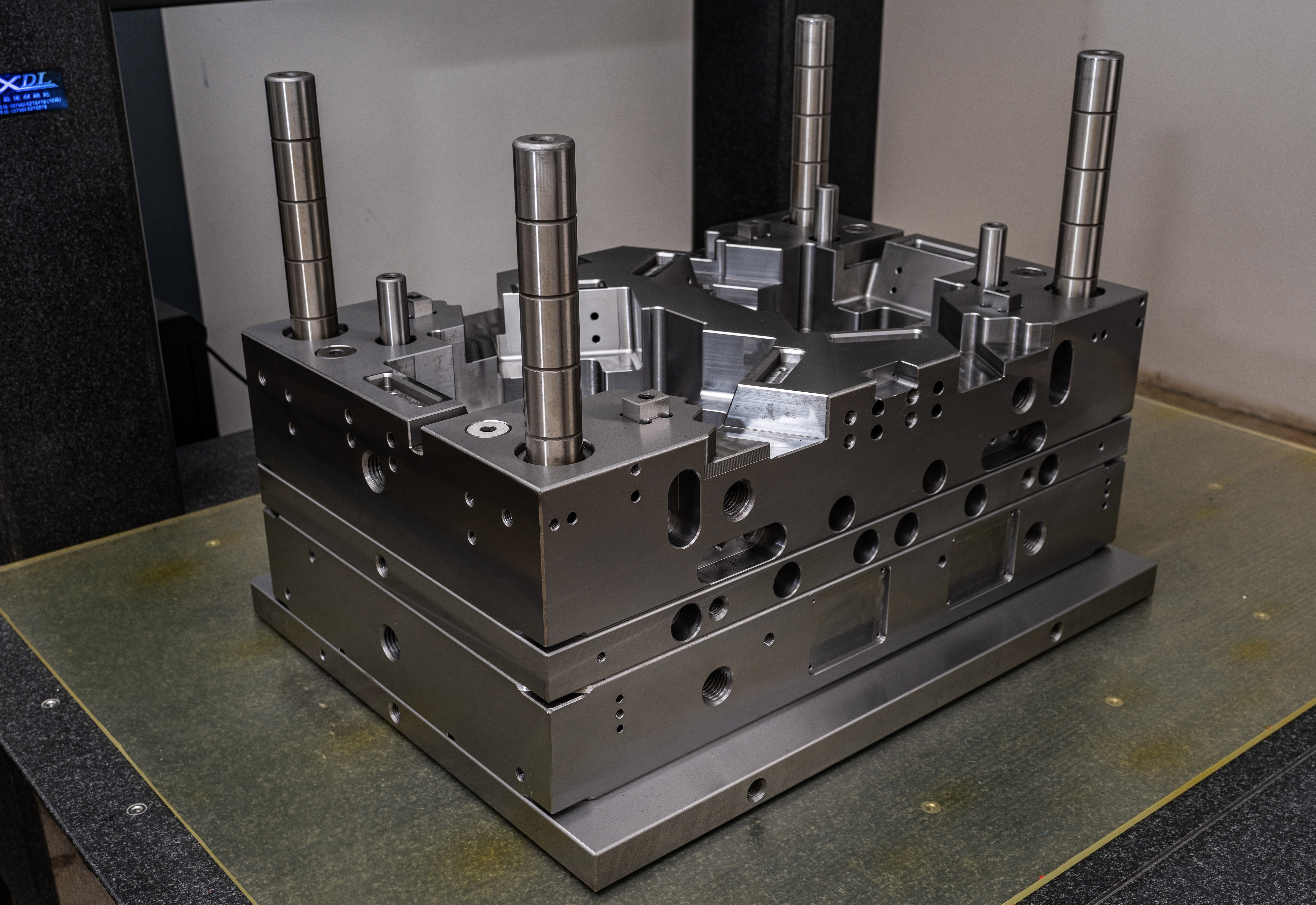Can aluminum be used for plastic mold bases?
Aluminum is a versatile material that is commonly used in various industries due to its lightweight and excellent thermal conductivity properties. In recent years, there has been a growing interest in using aluminum for plastic mold bases. In this article, we will explore the feasibility and advantages of using aluminum for plastic mold bases and discuss how to effectively use it.
Advantages of using aluminum for plastic mold bases
1. Lightweight: Aluminum is significantly lighter than traditional mold base materials such as steel. This weight reduction contributes to easier handling, transportation, and assembly of molds.
2. Excellent thermal conductivity: Aluminum has excellent heat dissipation properties, allowing for faster cooling times during the molding process. This can save production time and increase productivity.
3. Corrosion resistance: Aluminum has natural corrosion resistance properties, eliminating the need for additional coatings or treatments.
4. Good machinability: Aluminum can be easily machined and shaped, allowing for complex and intricate mold designs.
5. Cost-effective: Aluminum mold bases can be more cost-effective than traditional materials, especially for small to medium-sized production runs.
Using aluminum for plastic mold bases
When considering using aluminum for plastic mold bases, several factors need to be taken into account:
1. Material selection
Choosing the right type of aluminum alloy is crucial for the success of the mold base. Some factors to consider include thermal conductivity, strength, and machinability. Popular aluminum alloys for mold bases include 6061 and 7075.
2. Design considerations
Designing mold bases with aluminum requires careful consideration of structural integrity, thermal expansion, and cooling channel design. Working with experienced mold designers and engineers can ensure optimal mold base designs.
3. Machining techniques
Aluminum mold bases are typically machined using CNC milling or turning machines. High-speed cutting tools and techniques are often employed to achieve precise and efficient machining.
4. Surface treatment
Although aluminum is naturally corrosion-resistant, additional surface treatments such as anodizing or hard coating can be applied to enhance durability and wear resistance.
5. Maintenance and repair
Regular maintenance, proper cleaning, and occasional repairs are essential for prolonging the lifespan of aluminum mold bases. Regular inspections should be carried out to ensure the integrity of the mold base.
Conclusion
Aluminum is a viable option for plastic mold bases, offering advantages such as lightweight, excellent thermal conductivity, and cost-effectiveness. However, proper material selection, design considerations, machining techniques, and maintenance are crucial for successful implementation. By harnessing the benefits of aluminum, manufacturers can potentially improve productivity, reduce costs, and enhance overall mold base performance.




